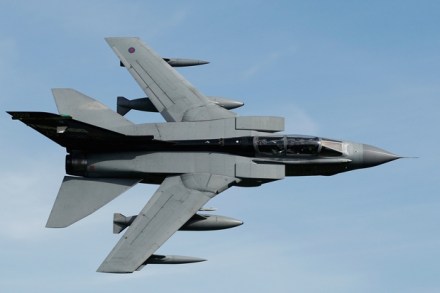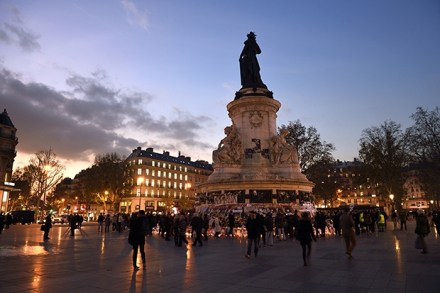Letters | 3 December 2015
Bombers without borders Sir: To define this week’s debate as being about ‘bombing Syria’ (‘The great fake war’, 28 November) is ludicrous. That’s not what it’s about. It’s about fighting Isis. Whatever you call them, and wherever they are. The current deal, under which we bomb Isis in Iraq but not in Syria, is as if we are content to fight them in Yorkshire but not in Lancashire. If people do not think we should be engaging Isis at all, that’s a different argument. But I would ask, ‘Where do they need to get to before you would engage them?’ Two years ago, we had a similar situation to today. The


















